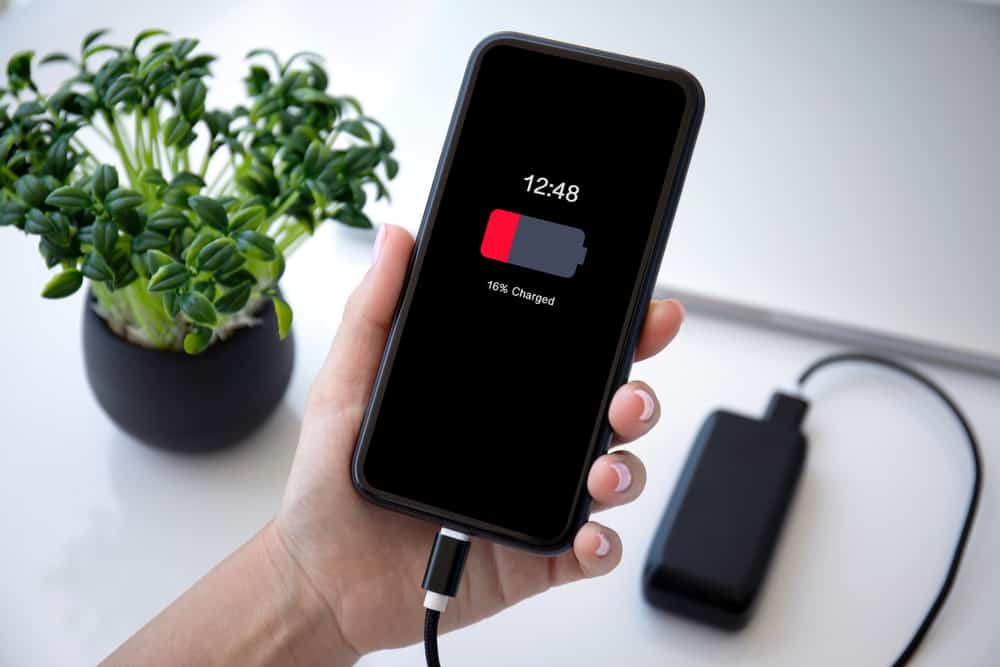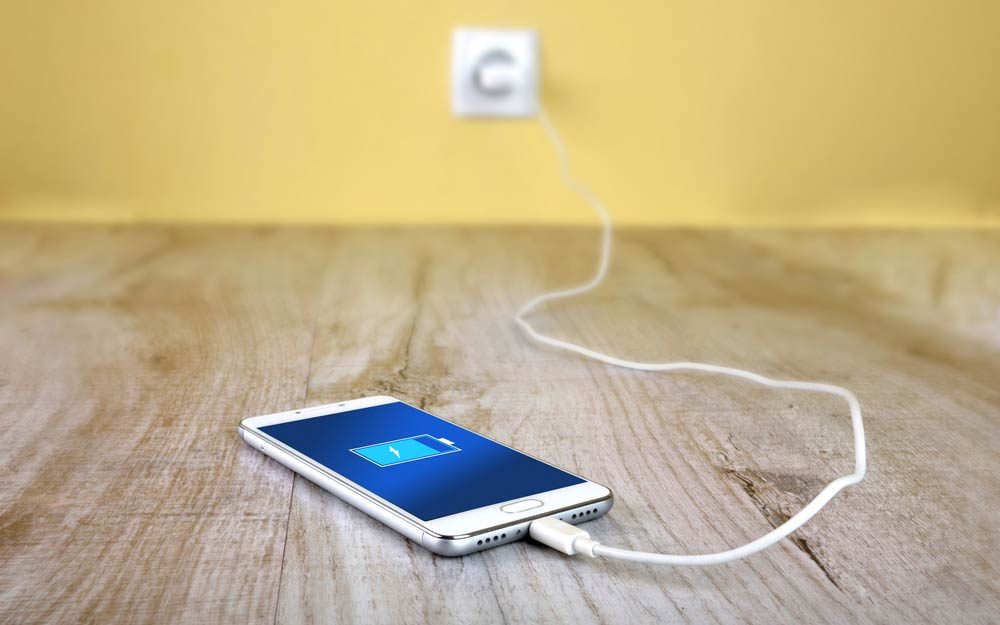
How to properly charge your phone and extend its battery life
Smartphone batteries age over time, deform, and your phone works less time on a single charge. This, of course, is inevitable. However, there are some rules to help extend battery life. And so, let's try to figure out how to charge your smartphone properly so that the battery lasts longer.
Charge your phone partially
One of the most common myths about batteries is that you need to fully discharge your battery from time to time and charge it again. This is a myth left over from the era of lead-acid batteries, and it's hard to think of anything worse for lithium-ion batteries. It is recommended that phones with lithium-ion batteries be partially charged rather than fully charged. Partial charging can have a positive effect on battery life. To understand this, you need to know how the battery is charged.
Lithium-ion batteries use constant current and operate at a lower voltage when they are close to discharging. As the battery charges, this voltage gradually increases, and when the battery is already about 70% charged, the current flowing decreases until the battery is fully charged. It is for this reason that charging from 70% to 100% is slower than charging to 70%.

Operating at a low voltage is good for battery life. It is better to partially charge your phone several times during the day than to fully charge it once. So, charging your phone from 30% to 80% keeps the voltage lower and extends the battery life a bit.
Avoid charging your phone at night
Charging your phone at night is a very common practice, but not recommended for a number of reasons (by the way, there's also the old myth that this will "overcharge" your phone). First, continuous full charging of the battery can cause plating of lithium metal in the battery, which reduces the stability of the battery for a long time and in rare cases can lead to malfunction of the entire system. Second, as we mentioned above, a full charge runs the battery at a higher voltage, which is bad for the battery. Third, and most importantly, wasting energy while continuously charging creates excessive heat, which is also not good for the battery.
Heat is the battery's enemy
Temperature plays an equally important role in a phone's battery life and maximum performance. At high voltages, high temperatures negatively affect the battery, causing it to lose capacity much faster than at low temperatures.
The battery will retain about 85%-96% of its capacity at +25-+40 degrees after the first year of phone use, naturally with reasonable charge cycles. If the temperature regularly rises above 40 degrees and the phone is 100% charged, after one year the battery will retain only 65% of its former capacity, and at +60 the same figure will be fixed after only three months.
Fast charging is also very popular today. It is not a problem for the battery, as long as the charging cycle lasts 5-15 minutes, in which case fast charging will not cause serious overheating problems. And fast charging is not recommended for a full charge.
Do not use the phone while charging
It is not recommended to use your smartphone while charging (especially playing games or watching videos), as this interferes with the charging cycle and causes mini cycles in which part of the battery is constantly in the charging cycle, and as a result it decays faster than the rest of the battery.
The best way to avoid this problem is probably to turn the phone off while charging. And if there is no such possibility, you can limit yourself to browsing the Internet (but not watching videos).
- Related News
- Which Realme smartphones will get Android 15 and RealmeUI 5.0?
- Best smartphones you can buy right now
- World's first foldable iPhone may get screen made by Samsung
- Huawei Pura 70 Ultra: The new smartphone has the world's best camera?
- Is Apple developing a foldable iPhone? Evidence of this has been published
- Realme introduces GT Neo6 gaming smartphone with world's brightest screen
- Most read
month
week
day
- People don't realize that AI will soon replace them en masse, which is a serious problem, says creator of ChatGPT 1046
- The Sun saw most powerful flare in last decade: Magnetic storms are expected on Earth on May 12-13 942
- 15 most beautiful bridges in the world (photos) 826
- Realme introduces GT Neo6 gaming smartphone with world's brightest screen 791
- First patient with Neuralink implant in his brain already beats healthy people at computer games 760
- Huawei Pura 70 Ultra: The new smartphone has the world's best camera? 745
- What devices did Apple announce at its Let Loose event? 722
- 3 best Poco smartphones in terms of price-quality ratio (photo) 691
- Series of powerful flares from hyperactive sunspots occur on Sun (video) 660
- AI teaches robot to balance on ball: It teaches the robot better than humans 650
- Archive
